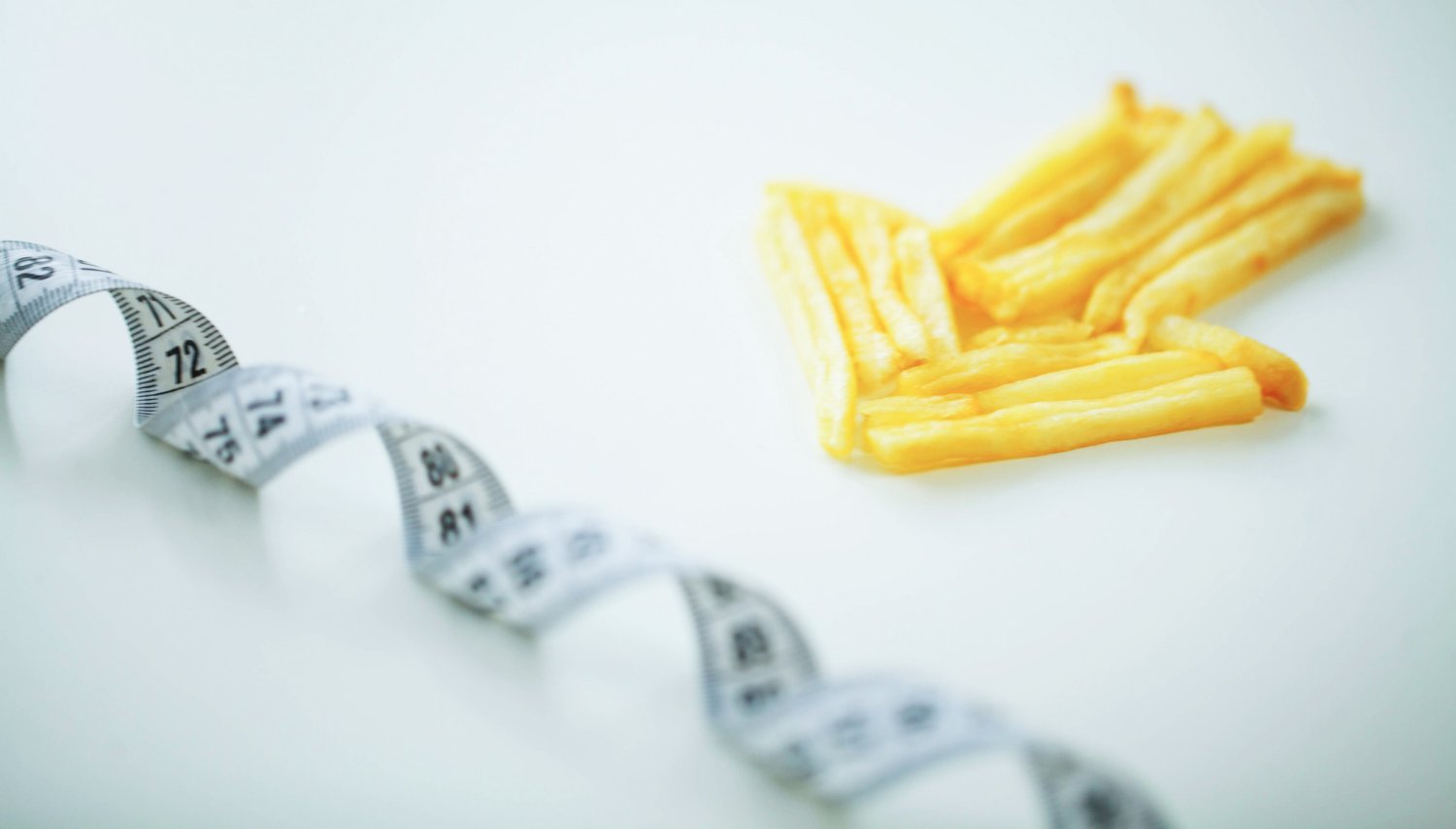
by Matt Weik, BS, CSCS, CPT, CSN
Weight bias refers to the negative perception and behavior of the world towards people who are larger. Weight bias can also occur internally when a person becomes self-conscious and doubts himself in a fatphobic environment.
From stereotyping people who are overweight or obese to facing prejudices daily, it often results in low self-esteem issues and eating disorders. Marginalization and exclusivity based on size can seriously affect a person’s life.
In the United States, weight bias has been a rising form of marginalization from 1994-95 to 2004-5 as it rose from 7 to 12%.
In this article, we are going to dive deeper into how this weight bias subject even got started, the instances, and the impact it has on society.
Disclaimer: This article is for informational purposes only and is not meant to treat or diagnose any condition. It is recommended that you speak with your doctor before starting any exercise program, changing your daily nutrition, or adding any supplements to your regimen.
The Origin of Weight Bias
In society today, being thin is considered an ideal condition; hence, weight bias starts early in a person’s life. It can start as early as childhood when students often bully their peers for their size.
Often, children are excluded from social circles and occasions, and thinner students are considered attractive or the right cohort to interact with, while heavier individuals carry on the stigma of being unappealing.
This doesn’t mean that weight bias will vanish from someone’s life as they grow older. Children will, of course, be less politically correct with their words, but adults will know how to be snide and use their words tactfully to show an innate sense of discrimination.
A great example of this is when people get rejected for their size and not their personality, or a hiring manager might reject someone for being unambitious or lazy just because he didn’t look a certain way.
What Are Some Instances of Weight Bias
Larger people have to face difficulties from the world around them.
Below are some instances where a weight bias may occur:
1. Schools
The Sydney Morning Herald reported that a first-year kindergartner came back crying because her peer called her fat. Such cases of discrimination are rampant in schools. Often, teachers would attribute names to heavier kids as a term of endearment, which would catch on to the whole school and make their academic life a miserable period.
Prejudices like getting picked for gym classes based on their size have a lot of mental repercussions and the feeling of being left out for heavier kids.
2. Workplaces
In a survey by the World Economic Forum, more than 45% of the hiring managers confirmed that they are unlikely to onboard candidates because of their weight and let the candidate pass through beyond the interview stage.
Managers usually have reservations about heavier candidates, with their efficiency and ambition being put under the microscope.
3. Media
Tabloids and media outlets never leave a chance to critique or leave distasteful comments on the bodies of female celebrities.
The fear of changing public perception drives female celebrities to internalize weight bias and take extreme measures to fit with the idealized version of a female body.
4. Medical Institutions
Physicians and medical professionals often become insensitive to patients and often imply that health issues are a direct consequence of their weight.
Patients have often gone on record to inform that they have canceled appointments with their physicians primarily because of unsolicited weight loss advice.
5. TV Shows
Upon an analysis of TV shows directed at adolescent audiences, it was found that weight bias is an underlying motif in most of them. They are riddled with fat jokes and often perpetuate stereotypes about heavier people as they stay on the receiving end of the jokes.
It’s true that thinner people also get ridiculed, but the incidences are much higher among larger people.
The Impact of Weight Bias
Shaming individuals is the last thing one needs to do to get them to lose weight. It can have a host of adverse effects like low self-esteem issues and steering clear of medical care instead of any positive change.
Below are a couple of the adverse effects of weight bias:
1. Eating Disorder
Internalized weight bias can cause a lot of problems, including eating disorders. Symptoms of eating disorders can range from restricting and binging to purging and consuming diuretics to aid weight loss.
The Obesity Medicine Association has reported that about 20% of teens are overly concerned about their weight.
2. Medical Negligence
Weight bias in adults often takes the form of steering clear of medical checkups or canceling appointments, as discrimination stems from healthcare providers.
Heavier patients who need to lose weight because of medical reasons often rebuke themselves for not being able to reach their goal and cancel follow-ups due to embarrassment. This could be fatal in the long run as the deeper issue behind the weight gain remains unexplored.
